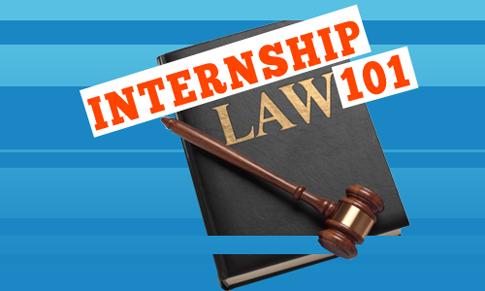
Types of Interviews
Employers conduct different types of job interviews, but each has the same goal. They wish to assess how well a potential applicant fits the position.
In many interviews, employers combine several types of interviews to evaluate competencies for the job.
Most people think of the typical one-on-one selection interview when they think of an interview, but there are many kinds of interviews. This article categorizes several types of job interviews. Knowing what type of interview you will be having will help in your preparation. Remember! The more information you gather before interviewing for a job, the better you are able to prepare effectively.
Types of Interviews: 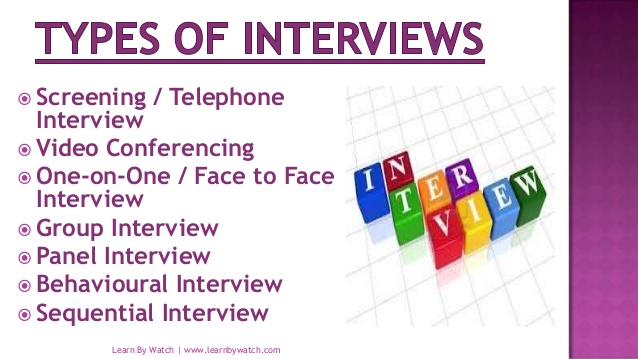
- Phone Interview
- One-on-one Interview
- Group Interview
- Team Interview
- Behavioral Interview
- Speed Interviewing
- Campus and Job Fair Interview
- Informational Interview
- Screening Interview
- Mealtime Interview
Phone Interview: An increasing number of organizations are choosing to use the phone interviewing method to screen candidates before calling them for the actual interview. The main thought behind conducting a phone interview is to allow the company to verify the basic details of the applicant while also scrutinizing his/her basic English speaking skills, enthusiasm for the job and also do a check on the details you have mentioned in your resume.
Be prepared for the interview and always have a copy of your resume and information about the company right in front of you while you talk to the interviewer. Arrange a time when you can speak freely without distractions such as children or pets. Unlike an in person interview, you can have notes in front of you. Take advantage by setting up information sheets about the company and your interview. Organize your notes in bulleted points and prepare answers to commonly asked interview questions. Know your salary requirements as many prospective employers begin the dialogue with this question.
One-on-One Interview: The most common interview type of interview is the one-on-one (or face-to-face). This interview is traditionally conducted by a direct supervisor and is often the last step in a series of interviews. The interviewer may or may not be experienced in conducting interviews and, depending on personality and experience, the interview may be directive following a clear agenda, or non-directive relying on you to lead the discussion as you answer open-ended questions. You will likely be asked a variety of interview questions, so be familiar with all of the different types of questions so that you can adjust your answers appropriately. It is important to be thoroughly prepared – know the job and know yourself.
Group Interview: In a group interview, several candidates for a position are interviewed simultaneously. Candidates may also be asked to solve a problem together which allows interviewers to assess candidates’ skills in action. Regardless of how you may feel about any member of the group, treat everyone with respect, and avoid power struggles, which make you appear uncooperative. Be aware that all interactions are being observed; don’t let down your guard or lose your perspective.
Team or Panel Interview: In this type of interview you alone are being interviewed by a panel of several employees of the company offering employment. The key to success in a panel interview is to interact with each member of the panel. Team or panel interviews are designed to reduce individual interviewer bias. One member of the panel may ask all of the questions or individual panel members may take turns. Make eye contact with the person asking the questions, but also to give every member on the panel your attention, regardless if they ask any questions at all – treat them all with equal importance. Be prepared to extend more energy in this setting, as you need to be alert and responding to more people.
Behavioral Interview: In this type of interview, you will be asked questions about how you acted in a specific situation. Behavioral interviewing is an interviewing technique in which the questions asked (and the answers received) assist the interviewer in making predictions about a candidate’s future performance based on his/her actual past behaviors. Questions might include: Describe a situation where you had to resolve a conflict or describe a situation where you were not successful in resolving a problem. Here the interviewer is looking for evidence of responsibility and the ability to learn from mistakes.
Speed Interviewing: During my college coursework, the company where I was working was going through a major restructuring and regrettably I lost my job. I went to speak with the career counselors at my school who invited me to attend speed interviewing.
One of the latest techniques to hit the job market is the speed interview. The method, much like speed dating, allows both the interviewee and hiring company to assess the potential match of candidate to the corporation. It also exposes the applicant to a large number of hiring companies in a short timeframe, thereby maximizing the chance of finding a job.
Speed interview sessions are usually held during career fairs or during college recruitment events such as career days.
Depending on the size of the event, the number of participating companies can range from a dozen recruiters to over 100. Hiring companies can expect to interview over 100 job candidates in a single day.
The total length of the interview will only be 5 to 15 minutes in length, and candidates can expect the interview questions to be challenging.
First impressions do count, especially when it comes to speed interviews. Job candidates have a short amount of time to make a great impression. When interviewing, dress professionally, have a firm handshake, be polite, prepare your elevator speech, bring copies of your resume and writing instruments, and research the companies attending the session.
Campus and Job Fair Interviews: Campus interviews are a form of the screening interview. They are shorter, usually one-on-one interviews, and are designed to allow a recruiter to see a large number of applicants on a single trip. Most college and university career placement offices have procedures for scheduling these interviews, which are typically with larger, corporate employers. Follow the procedures established by the placement office or job fair sponsor, or you might miss out! Campus recruiters are trained interviewers. You should prepare for your interview thoroughly. A recruiter is looking for the candidate who is alert and well-presented and who comes to the interview with knowledge about the company. Your placement office can help you gain this information. If you are successful at the interview, you may be asked to an onsite interview at the company. Don’t forget to write your thank you note. It might help you stand out from the rest of the crowd.
Informational Interviews: When I was looking to transition from an Executive Assistant into marketing, I coordinated several informational interviews. These interviews are not about employee selection at all. An informational interview is an informal conversation with someone working in an area that interests you who will give you information and advice. Remember! It is not a job interview, and the objective is not to find job openings. Resist the urge to ask about open positions.
You may feel awkward scheduling an appointment with someone you don’t know about their work. However, I have found that most people actually enjoy taking a few moments out of their day to reflect on their professional life and to give advice to someone with an interest in their field.
When scheduling an informational interview, allow 20-30 minutes tops.
When sending your request, veer away from contacting human resources employees, since their standard answer will be to send a resume. Your best option would be to find someone within the role you’re hoping to fill, or one-step above that, who is close to a hiring manager.
When sending your request, make sure to be clear and concise about your motivation. The biggest mistake people make at this stage is not customizing what they say.
Following is a brief script that I used when scheduling my informational interviews:
“I am writing to introduce myself and ask about your willingness to meet with me to discuss careers in the marketing/communications industry. Recently, I graduated with a degree in Corporate Communications from Notre Dame of Maryland University and have been working as a Marketing and Communications intern with the Alzheimer’s Association. I am writing to seek information about career opportunities in this field.
I would like to emphasize that I would simply welcome any career advice or information you can offer me as I explore my options.
If you are able to spare the time, I would like to meet with you briefly (approximately 20 minutes) to learn more about your career and the industry. I am available on Mondays, Tuesdays, and Fridays. If these days are not a viable option for you, I can rearrange my schedule accordingly.
Thank you for your consideration.”
Screening Interview: The first phase of an interview can be termed as a general interview or even as a screening interview. The main purpose of this type of interview is to segregate the suitable and non-suitable candidates. Those who are selected move to the next round of interviews. Screening interviews are shorter in length and are usually performed by a member of the Human Resources Department.
Mealtime Interview: Sometimes an interview will take place over lunch or dinner, or a series of interviews will lunch. Dining with your interviewer is a great opportunity to develop a more comfortable relationship. BEWARE! You are still in an interview. Do not forget this! Resist the urge to become overly familiar with the interviewer. Remain professional, and remember your table manners: no elbows on the table and don’t speak with your mouth full. Order something in the mid-price range on the menu, but nothing messy, like spaghetti. Avoid alcohol, and don’t smoke. Your host will almost always pay the bill. Let them.
In conclusion, companies carry out many different types of interviews. Knowing what type of interview to expect will help you properly prepare. A group interview will be very different from a phone interview or a one-on-one interview.


 Two weeks after I was lured away from a secure job, I was informed by my new employer that they were retiring and closing the business. I was devastated.
Two weeks after I was lured away from a secure job, I was informed by my new employer that they were retiring and closing the business. I was devastated. It may be surprising to learn that executive-level job seekers face the same challenges as the average job applicant. Implementing the correct search strategy could mean the difference between landing a dream position and remaining in your current role.
It may be surprising to learn that executive-level job seekers face the same challenges as the average job applicant. Implementing the correct search strategy could mean the difference between landing a dream position and remaining in your current role.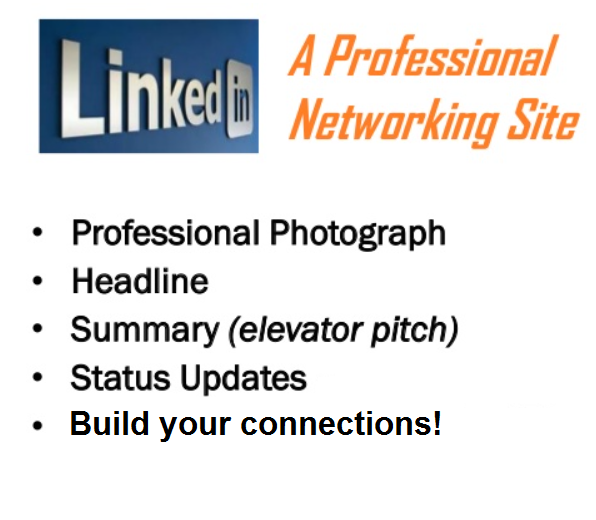
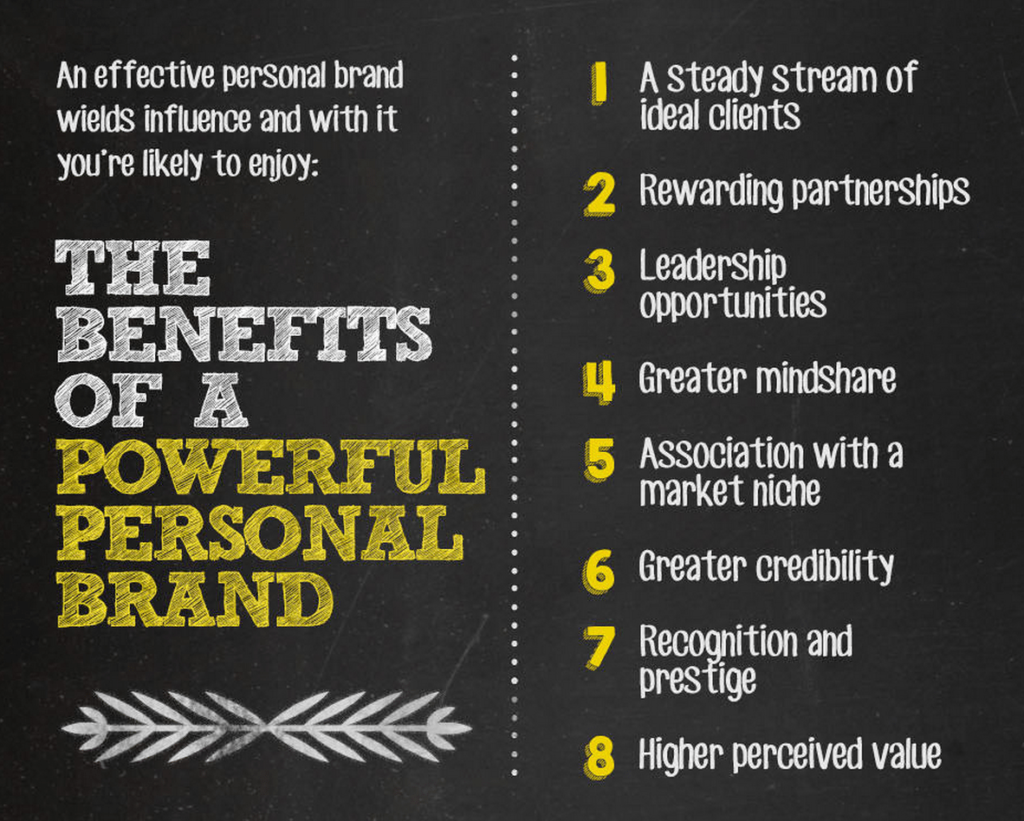 Your brand should demonstrate who you are, what you have done, what your strengths are, and how you can help a company solve a problem. These are your selling points so
Your brand should demonstrate who you are, what you have done, what your strengths are, and how you can help a company solve a problem. These are your selling points so 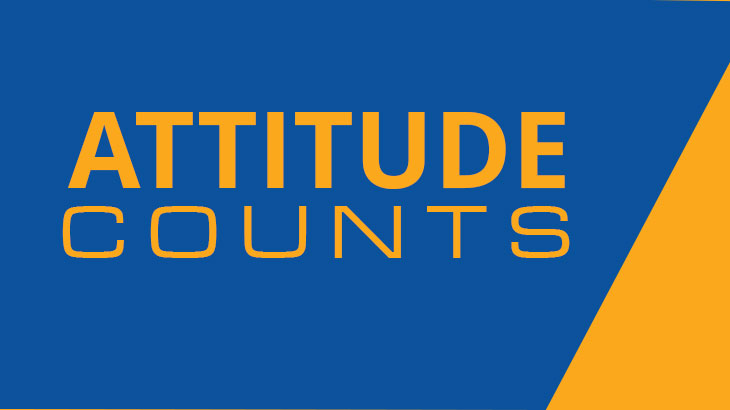 A candidate’s skills, achievements, and networking efforts matter, but so does attitude. Hiring managers indicate that a candidate’s enthusiasm for acquiring new skills and learning on the job can play a crucial role in their hiring decision. Companies want to know that a candidate will not have a “know it all” attitude. Also, many recruiters are concerned that Baby Boomers have already “checked out” and are looking toward retirement in a few years, which may dissuade them from hiring an older professional in favor of a younger one. Baby Boomer candidates search for long-term positions should be sure to convey their company loyalty and enthusiasm for continued work.
A candidate’s skills, achievements, and networking efforts matter, but so does attitude. Hiring managers indicate that a candidate’s enthusiasm for acquiring new skills and learning on the job can play a crucial role in their hiring decision. Companies want to know that a candidate will not have a “know it all” attitude. Also, many recruiters are concerned that Baby Boomers have already “checked out” and are looking toward retirement in a few years, which may dissuade them from hiring an older professional in favor of a younger one. Baby Boomer candidates search for long-term positions should be sure to convey their company loyalty and enthusiasm for continued work.

 Most Americans take some time off during the summer, and I’m no exception. Most years I take a staycation. But, in 2013 and again in 2015, I was blessed where I could take my family to Europe. Since I would have no access to phone or email, I had to wrap up all loose ends prior to my vacation so my co-workers wouldn’t have to deal with any messes while I was away.
Most Americans take some time off during the summer, and I’m no exception. Most years I take a staycation. But, in 2013 and again in 2015, I was blessed where I could take my family to Europe. Since I would have no access to phone or email, I had to wrap up all loose ends prior to my vacation so my co-workers wouldn’t have to deal with any messes while I was away.